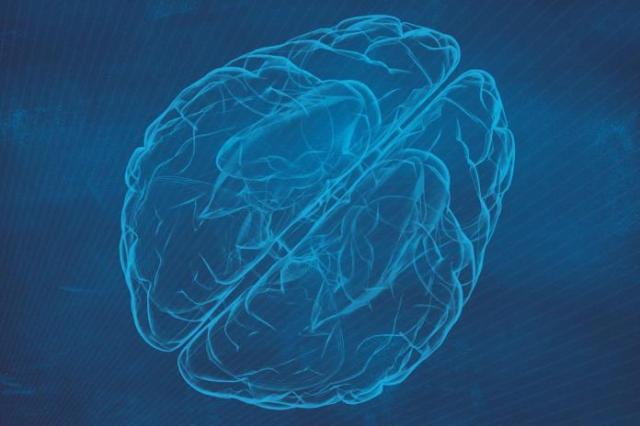
The proportion of the global population living on less than $1.90 per person per day has fallen—from 18 percent in 2008 to 11 percent in 2013, according to the World Bank. In the United States, however, the poverty rate has been more stubborn—41 million people lived below the country’s poverty line in 2016, about 13 percent of the population, nearly the same rate as in 2007. Recent policy initiatives haven’t meaningfully reduced that rate. House Speaker Paul Ryan (Republican of Wisconsin) indicated this past December that the government would make fighting poverty, but also welfare, which many Republicans believe is a failed policy, a priority in 2018.
US lawmakers have expressed frustration when investments such as welfare programs don’t pull people out of poverty. “I believe in helping those who cannot help themselves but would if they could,” said Senator Orrin Hatch (Republican of Utah) this past December, when explaining his views on government spending. “I have a rough time wanting to spend billions and billions and trillions of dollars to help people who won’t help themselves, won’t lift a finger, and expect the federal government to do everything.”
Hatch’s statement reflects a common view that removing government support would force many poor people to improve their conditions themselves. Without welfare and government assistance, would able-bodied people find a job, get an education, stop buying lottery tickets, and focus on paying bills?
Not quite, indicate researchers, whose work is telling a different story of poverty. Contrary to the refrain that bad decisions lead to poverty, data indicate that it is the cognitive toll of being poor that leads to bad decisions. And actually, decisions that may seemcounterproductive could be entirely rational, even shrewd. The findings suggest that to successfully reduce poverty, it would help to take this psychology into account.
What drives ‘bad’ decisions
In a 2013 study published in Science, researchers from the University of Warwick, Harvard, Princeton, and the University of British Columbia find that for poor individuals, working through a difficult financial problem produces a cognitive strain that’s equivalent to a 13-point deficit in IQ or a full night’s sleep lost. Similar cognitive deficits were observed in people who were under real-life financial stress. Theirs is one of multiple studies suggesting that poverty can harm cognition.
But it was the fact that cognition seems to change with changing financial conditions that Chicago Booth’s Anuj K. Shah, along with Harvard’s Sendhil Mullainathan and Princeton’s Eldar Shafir, two authors of the Science paper, were interested in getting to the root of. They suspected that poverty might essentially create a new mind-set—one that shifts what people pay attention to and therefore how they make decisions.
“Some say you really have to understand the broad social structure of being poor, and what people do and don’t have access to,” says Shah. “Others say that poor individuals have different values or preferences. We stepped back and asked: ‘Is there something else going on?’”[…]
